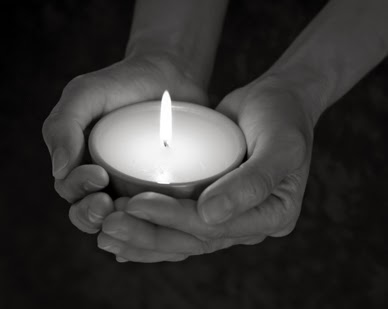[Let us] be glad in him with psalms Psalm 95.2
The first four verbs in Psalm 95 all summon us to joy: let us sing….let us heartily rejoice….let us come with thanksgiving….let us be glad in him with psalms.
 But what if we don’t feel like rejoicing? It’s raining and cold outside. It’s Tuesday and we have to go to work. The problems we are dealing with are just too many. Or else there is a great grief and sadness in our lives at present. How then are we to hear this call to rejoice?
But what if we don’t feel like rejoicing? It’s raining and cold outside. It’s Tuesday and we have to go to work. The problems we are dealing with are just too many. Or else there is a great grief and sadness in our lives at present. How then are we to hear this call to rejoice?
The psalms as a whole carry the whole range of human emotions. If you read them from 1 to 150 you will sense a tension between the major key of praise and the minor key of lament. Both are given space. By the end of the psalter, the major key prevails. But there are many psalms too which give us space to mourn, to wrestle with God, to express our anger and pain and grief. Jesus picks up and affirms all of them in the most tender of the beatitudes: “Blessed are those who mourn”
So we know from the rest of the Psalms that we are meant to take our own pain and the pain of other seriously. How then are we to hear the call to joy in the midst of a suffering world?
The key is learning (and relearning through life) a very simple distinction. It’s a kind of Christian joy 101. The distinction is between rejoicing for all circumstances (which is a massive distortion) and rejoicing in the LORD in all circumstances (which is the path of grace).
Occasionally we get the two mixed up. Christians find themselves twisting their emotions to give thanks for difficult things in their lives. We should lament and grieve and cry out in pain and anger. Jesus did these things.
But when we have grieved (and sometimes even in the midst of our grieving) we are also encouraged to look for the threads of joy not in the bad circumstances but in the constant presence and love of God, whose mercy endures for ever.
“Rejoice in the Lord always, again I will say: Rejoice” writes St. Paul. He wrote those words from prison, on the brink of losing his life. He wrote them to a church which was tearing itself apart through needless quarrels.
His words have deep roots in Psalm 95. Let us be glad and rejoice today not for the bad things but in the LORD.
This post is one of a series of daily reflections on Psalm 95 in January, at the start of the Diocese of Sheffield Centenary Year. The first of five clergy conferences on Evangelism begins today. Please pray for us.



